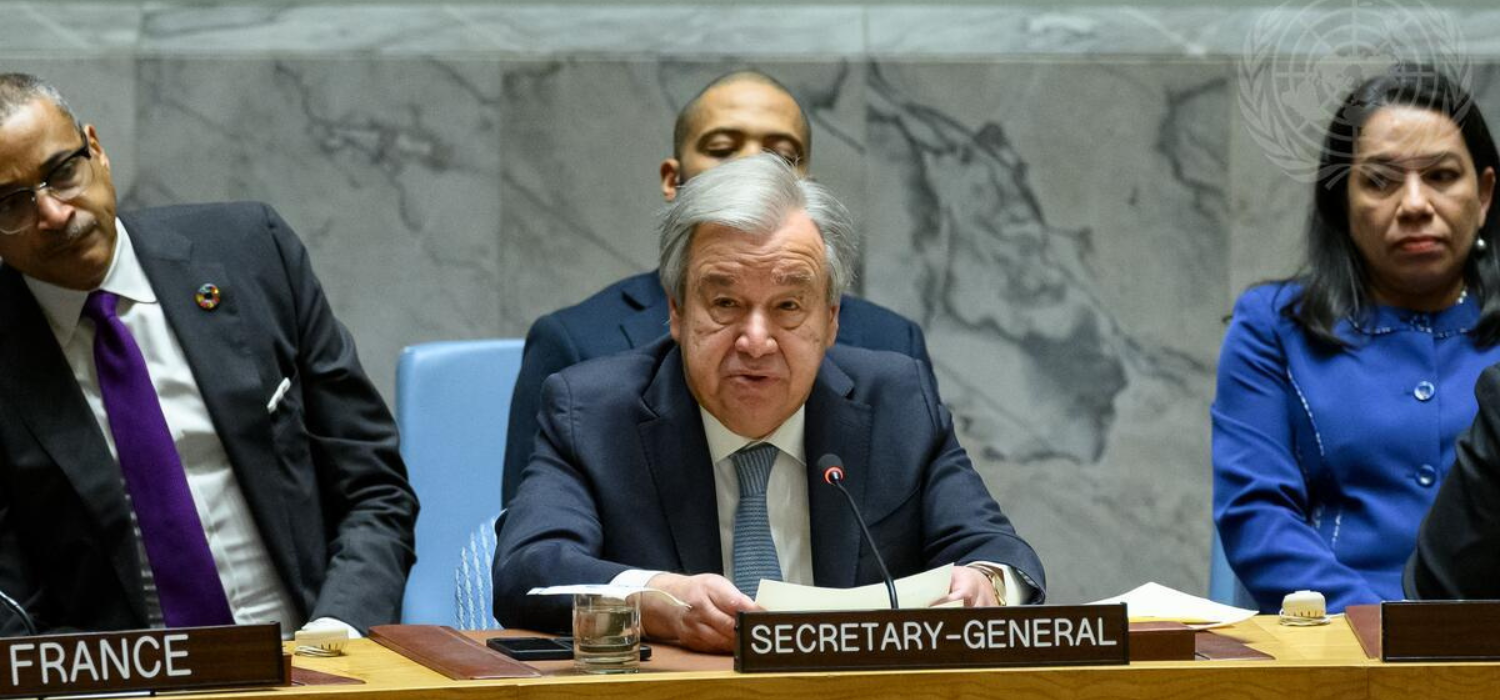SEED FUNDING JOINT PROGRAMMES
Egypt
Strengthening Sustainable and Resilient Food and Nutrition Systems in Egypt for SDG Acceleration




PROJECT TITLE | Strengthening Sustainable and Resilient Food and Nutrition Systems in Egypt for SDG Acceleration |
| Context | Egypt engaged actively in the 2021 Food Systems Summit process, convening a national dialogue and developing national pathways with recommended interventions for improving food security and nutrition by 2030. To enhance multi-sectorial coordination and spearhead the transformation process, the Government created a National Committee for Food and Nutrition Systems chaired by the Prime Minister and bringing together several ministries to coordinate joint actions. Strengthening coordination mechanisms, fostering multi-stakeholder partnerships, consolidating accountability structures, focusing on the availability of evidence, analysis, and data, are identified as key priorities to strengthen the food systems governance structure in Egypt. |
| PUNOs | WFP, FAO, UNICEF |
| Contribution to SDGs | SDG 2 Zero Hunger, SDG 3 Good Health and Well-being, 12 Responsible Consumption and Production. |
| Contribution to other SDG transitions | Climate, biodiversity, pollution |
| Duration | June 2024 – May 2025 |
| Expected financial leverage | $87,000 (PUNO co-financing) |
| Alignment with SG Call to Action | Policy integration; Food systems governance; Research, data, technology and innovation; Inclusive and participatory design; Private sector engagement |
| Outcomes | The JP contributes to strengthening policy and governance frameworks for food systems transformation and generating evidence and analysis on key dimensions of food systems to inform decision-making, supporting the work of the National Committee for Food and Nutrition Systems. The JP complements the government’s flagship program “Country Platform for the Nexus of Water, Food and Energy”, which provides a mechanism to mobilize climate finance and private investments. |
| Partners |
|
| Outputs |
|
UN Secretary-General urges alignment of climate action and food systems transformation for peace and security

©UN Photo/Loey Felipe
13 February 2024: In his remarks to the Security Council High-level Open Debate on the Impact of Climate Change and Food Insecurity on the Maintenance of International Peace and Security, the UN Secretary-General emphasized the critical importance of aligning climate action with food systems transformation. He referenced the recent UN Food Systems Summit +2 Stocktaking Moment (UNFSS+2) and the Hub’s Convergence Initiative as essential components of this alignment.
The UNFSS+2, held in Rome in July 2023, served as a platform for countries to review progress on commitments to action and identify priorities for closing the implementation gap in food systems transformation. With 182 Member States present, it advocated for urgent action at scale, highlighting the role of sustainable, equitable, and resilient food systems in achieving the Sustainable Development Goals.
The Food Systems and Climate Convergence Initiative, launched during the UNFSS+2, focuses on aligning national food systems pathways with climate-related targets, including Nationally Determined Contributions and National Adaptation Plans. It aims to catalyze advancements toward climate-smart and nature-positive food systems, promoting a fair and sustainable future.
The Secretary-General underscored the urgent need to address the intertwined challenges of climate change, food insecurity, and conflict. He emphasized that aligning climate action and food systems transformation is crucial for securing sustainable development, livelihoods, and peace. The remarks reflect a call to action for governments, businesses, and societies to work together in creating food systems that are both environmentally sustainable and socially equitable.
As the world faces escalating threats from climate change and food insecurity, the Secretary-General's message highlights the importance of coordinated efforts to address these challenges and build a future free from hunger and conflict.
“A global food crisis is creating a hellscape of hunger and heartache for many of the world’s poorest people.
And the climate crisis is accelerating with a deadly force – last year was the hottest ever.
Both these facts undermine peace.”
UN Secretary-General António Guterres
Related Links:
